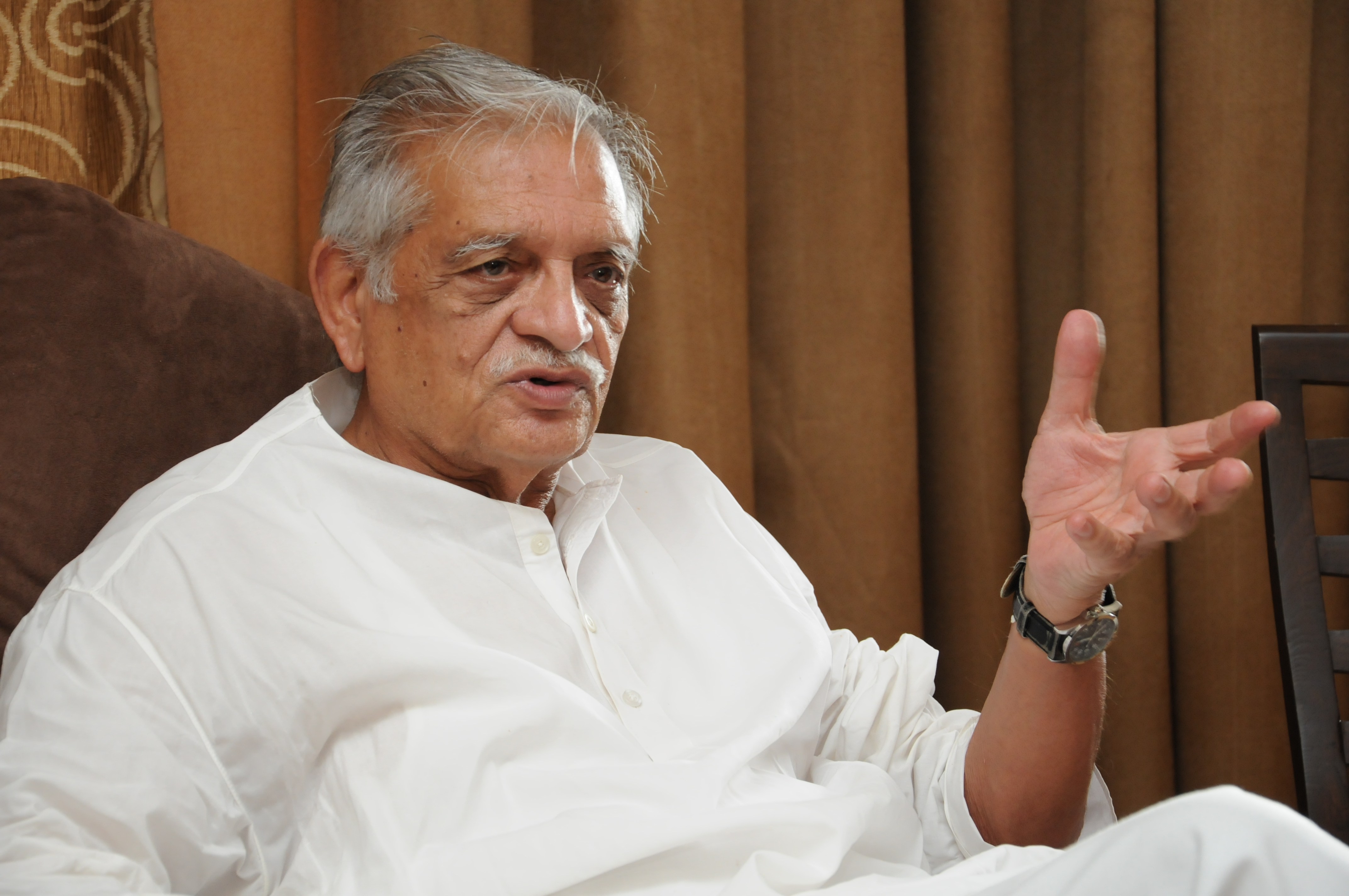
Extending his support to JNU, noted lyricist and author Gulzar says he feels “safe” when he sees the youngsters of the country raising their voice in dissent.
When asked about the ongoing JNU controversy, Gulzar, 81, said he feels the youth of a country is its hope.
“We used to read books on Russian revolution during our St Stephen’s (college) days… and today also if the voice for revolution and dissent has been raised, it is from the youth only. It is from JNU.
“I feel so relaxed when I see these youngsters. I feel both me and my country are safe,” said Gulzar on the sidelines of Spring Fever 2016.
The lyricist during the discussion revealed that his most successful item song ‘Kajrare’ from 2005 film ‘Bunty Aur Babli’ was actually inspired by “truck shayari”.
“If you remember the couplets used in the song, they all sound like the couplets written on trucks,” Gulzar said while addressing a panel discussion on ‘Kitabein’ here.
This was not the first item number which was written by him. Earlier Gulzar had penned another hit ‘Chaiyya Chiayya’ in Shah Rukh Khan starrer ‘Dil Se’.
“‘Chaiyya-Chaiyya’ was mused by Bulleh Shah’s poetry which I used to listen in Gurudwaras during my Delhi days.”
The lyricist said initially he was “hesitant” of writing songs for films.
“I have always been an obsessive reader and always wanted to be an author. I never ever thought about writing for Cinema. I don’t know why there was a hesitation,” he said.
Gulzar also released the first edition of his new book ‘another 100 lyrics’, a collection of poems. A two-volume translation of Rabindranath Tagore’s poetry by him was also unveiled.
“It was my first tryst with Tagore’s collection of poem ‘Gardner’ that gave birth to a poet in me. Before that I used to read thriller novels and cheap literature books,” Gulzar said.
On being asked about his inspiration for writing so extensively, Gulzar said, “Earlier, when I used to listen to the other poets and the appreciation they received from audience, I wanted to be there on the dais and experience that.
“I would put black ink on author’s name and write my name in its place to check how it would look there,” he said.
The lyricist also talked about his love for experimenting different dialects in his writing, saying it developed during his initial days when he used to live in old Delhi, which at that time was transformed into a refugee camp due to the Partition of India.
“I used to listen to the labourers in refugee camps. How they would sing while going back after work. It was so mesmerizing for me to listen to their different dialects.
Their words are still there in my mind and I use them in my writings,” he said.
Inputs from PTI
Also Read: ANUPAM KHER TAKES A DIG AT JNU STUDENTS BEING GRANTED BAIL
Quiet, resonant, and creative, he can be seen immersed in his own world, and puts in his heart and soul into the one passion that he has, Bollywood. His line for survival? Feel happy to be a part of it.





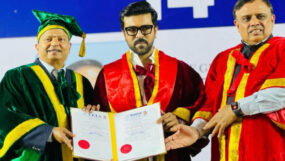

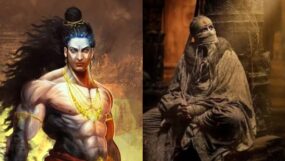





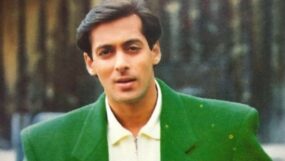









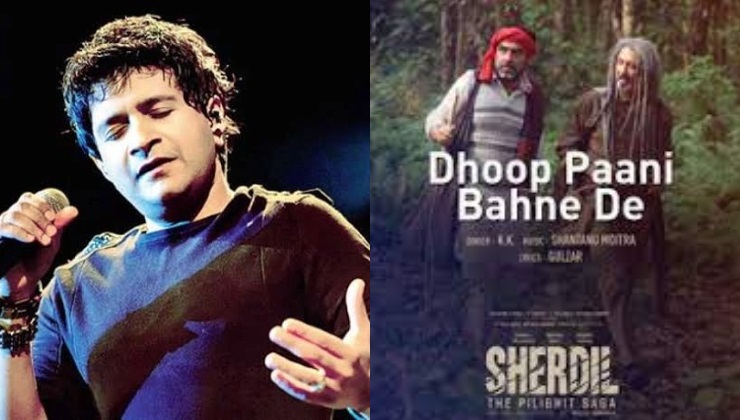
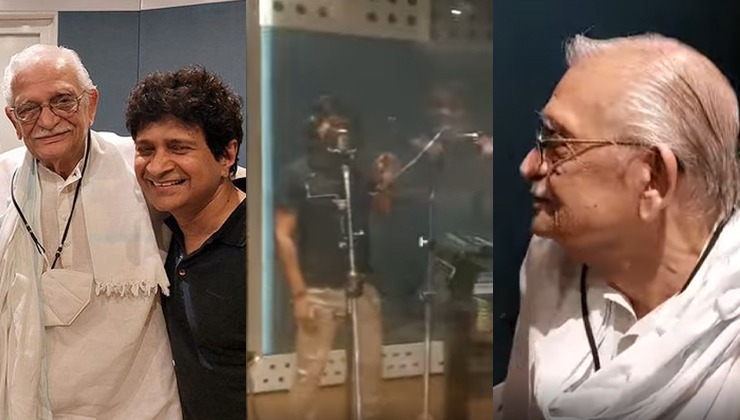
Leave a Reply